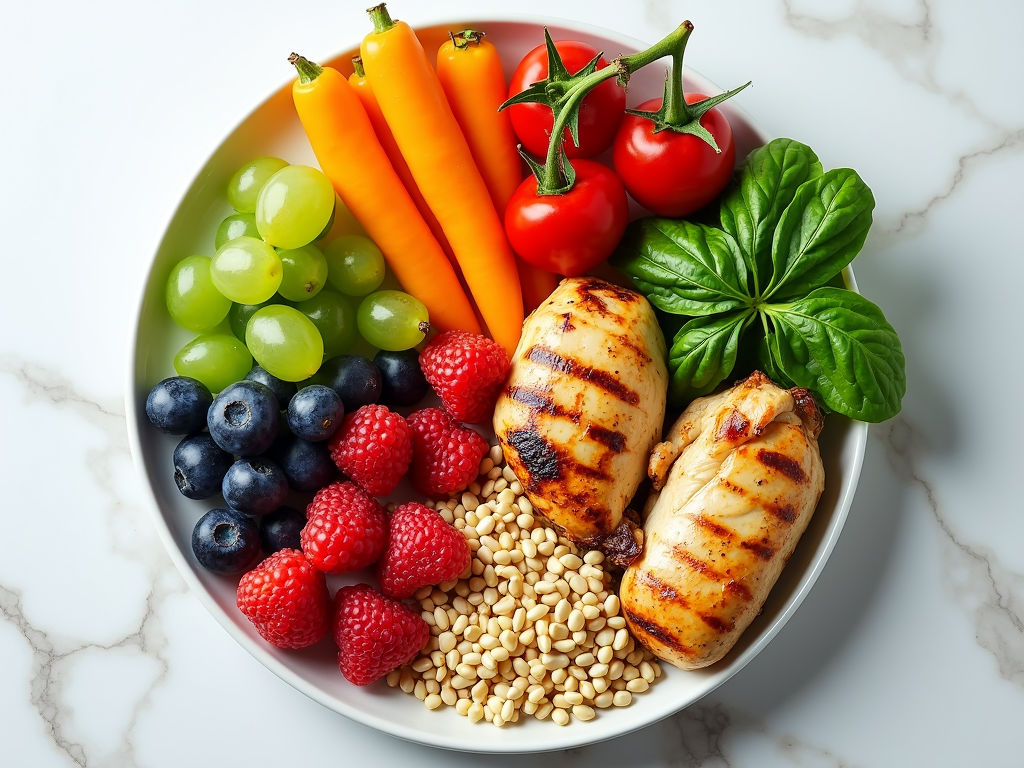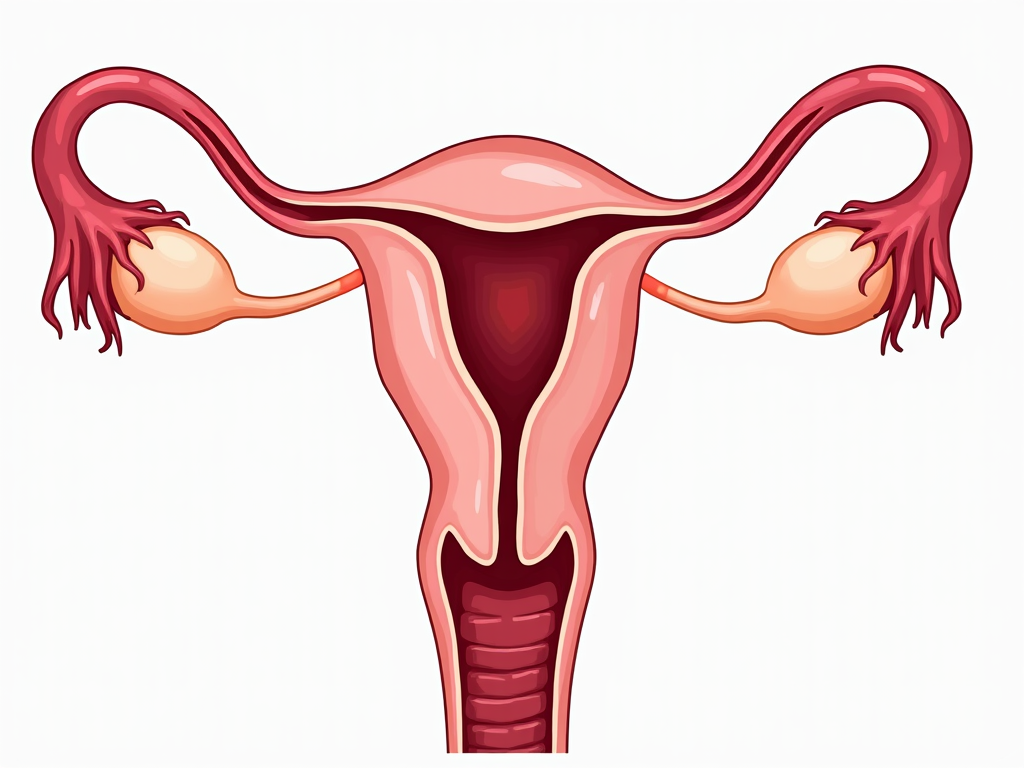How Diet and Exercise Impact Fertility: A Comprehensive Guide
March 16, 2025, 7:37 a.m.
Have you ever wondered how your daily habits affect your ability to get pregnant? Diet and exercise play a big role in fertility. This guide explores how food and movement impact your reproductive health, offering simple tips to boost your chances of conception.

Why Diet Matters for Fertility
What you eat can make or break your fertility journey. A balanced diet fuels your body with the nutrients it needs to support conception. When I started focusing on my meals, I noticed changes I hadn’t expected.
Top Foods to Boost Fertility
Here’s what to add to your plate:
- Fruits and Veggies: Packed with vitamins and antioxidants, they protect your eggs and sperm.
- Whole Grains: Think oats or brown rice—they keep your blood sugar steady.
- Lean Proteins: Fish, chicken, or beans give you energy without extra fat.
- Healthy Fats: Nuts, seeds, and avocados help your hormones work better.

Foods to Skip
Some foods can hurt your fertility:
- Processed Junk: Chips and fast food clog your system with bad fats.
- Too Much Caffeine: A cup of coffee is fine, but overdoing it can mess with your cycle.
- Alcohol: Even a little can lower your odds of getting pregnant.
Exercise: The Right Amount Helps
Moving your body can improve fertility, but balance is key. Moderate exercise keeps you healthy and calm. I found that switching from intense workouts to gentler routines made a difference for me.

How Exercise Helps
- Lowers Stress: A good walk or stretch can ease your mind.
- Keeps Weight in Check: Staying at a healthy weight supports your hormones.
- Boosts Blood Flow: Better circulation helps your reproductive system thrive.
When Exercise Hurts Fertility
Too much can backfire. Intense workouts might stop your periods or throw off your hormones. If you’re training hard and not eating enough, your body might not be ready to conceive.

What Causes Female Infertility?
Fertility struggles can come from many places. Knowing what’s behind them can guide you toward solutions. Let’s break down some common causes of female infertility.
Key Causes
- Ovulation Issues: If you don’t release an egg regularly, conception gets tough.
- Hormone Problems: Thyroid or other imbalances can disrupt your cycle.
- Tubal Infertility: Blocked fallopian tubes stop eggs and sperm from meeting.
- Age: After 35, fertility drops naturally.

How to Diagnose Tubal Infertility
Wondering how to diagnose tubal infertility? Doctors often use a test called a hysterosalpingogram. They inject dye into your uterus and take X-rays to check if it flows through your tubes. If it doesn’t, there’s a blockage.
Solutions for Female Infertility
Good news—there are ways to tackle infertility:
- Lifestyle Tweaks: Better diet and exercise can work wonders.
- Medications: Pills can help you ovulate.
- Surgery: Fixes blockages or other issues.
- IVF: A high-tech option for tougher cases.

My Experience and Tips
When I faced fertility challenges, I felt lost. But eating better—like swapping soda for water—and walking daily helped me feel in control. Try tracking your meals or adding a 20-minute walk. Small steps add up!

Quick Summary
Your diet and exercise habits can shape your fertility. Load up on healthy foods, skip the junk, and move your body just enough. Understanding female infertility causes—like tubal infertility—and how to diagnose them can guide your next steps. Talk to your doctor for advice tailored to you.